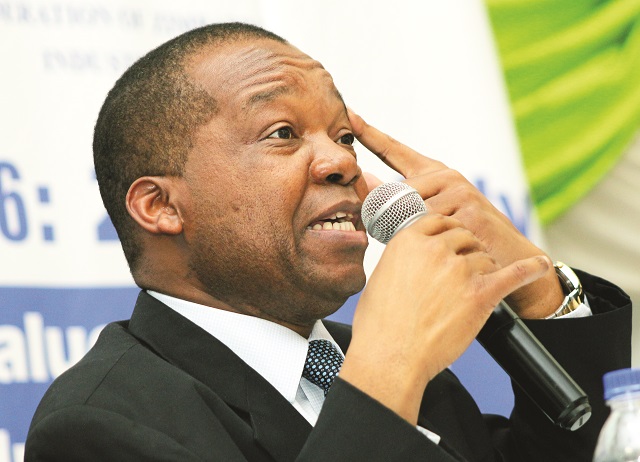RBZ bans banks from crypto-currency deals

Prince Sunduzani, Business Reporter
THE Reserve Bank of Zimbabwe (RBZ) has ordered all financial institutions to stop transacting and trading in virtual currencies as they are not regulated and pose a huge financial risk to members of the public.
Virtual currencies, also known as crypto-currencies, which include Bitcoin and Litecoin, are defined by the Financial Action Taskforce as a digital representation of value that can be digitally traded and functions as a medium of exchange, a store of value and unit of account, but with no legal tender status.
RBZ Governor Dr John Mangudya said virtual currencies were not only unregulated, but were neither issued by public authority nor guaranteed by the State. Because of their nature, he warned that crypto-currencies can be used to facilitate illicit monetary practices such as money laundering, externalisation and tax evasion hence the need to safeguard the country against them.
“In order to safeguard the integrity, safety and soundness of the country’s financial system, and to protect the public in general, all financial institutions have been required to ensure that they maintain sound and adequate anti-money laundering controls to enable them to comply with customer identification, verification and transaction monitoring requirements,” said Dr Mangudya.
“Further, RBZ has directed all banking institutions not to provide banking services to facilitate any person or entity in dealing with or settling virtual currencies.”
Dr Mangudya warned members of the public against using crypto-currencies adding that those who choose to do so can do it at their own peril.
“Members of the public are hereby warned not to participate in the trade of crypto-currencies. Any person who buys, sells or otherwise, does so at their own risk and will have no recourse to the Reserve Bank or to any regulatory authority in the country,” he said.
Dr Mangudya added that the central bank has not licenced any person or entity to provide any virtual currency services.
He said exchanges such as Golix, the country’s only active crypto-currency institution, were also not licensed or regulated.
Crypto-currencies gained popularity in the country late last year, when prices sky-rocketed and since inception, the RBZ has shown its reservations against the currency.
At its peak in December 2017, Bitcoin scaled past $33 000 on Golix where, like elsewhere in Africa, it trades at a massive premium.
In January 2017, the coin was worth just about $1 000.
@PrinceNkosy102











Comments